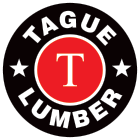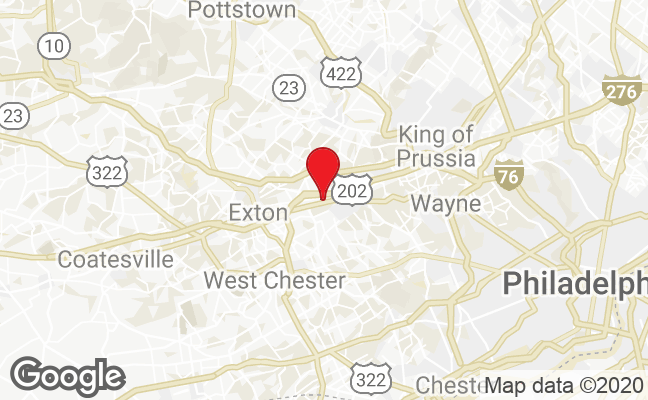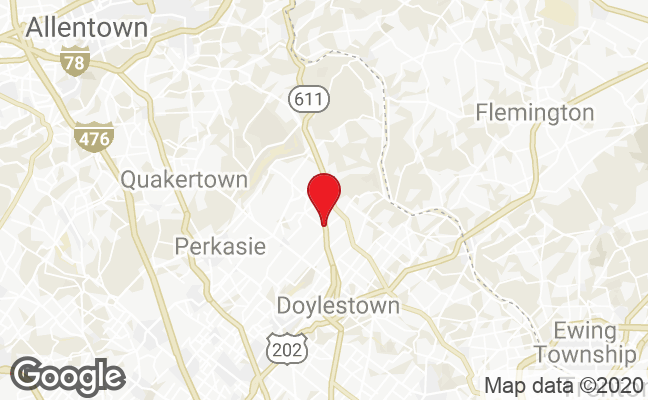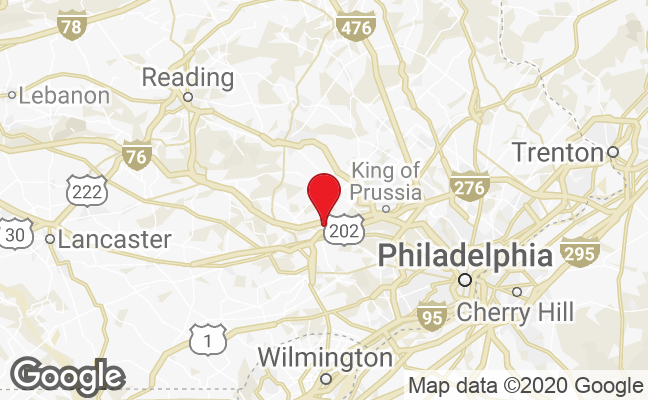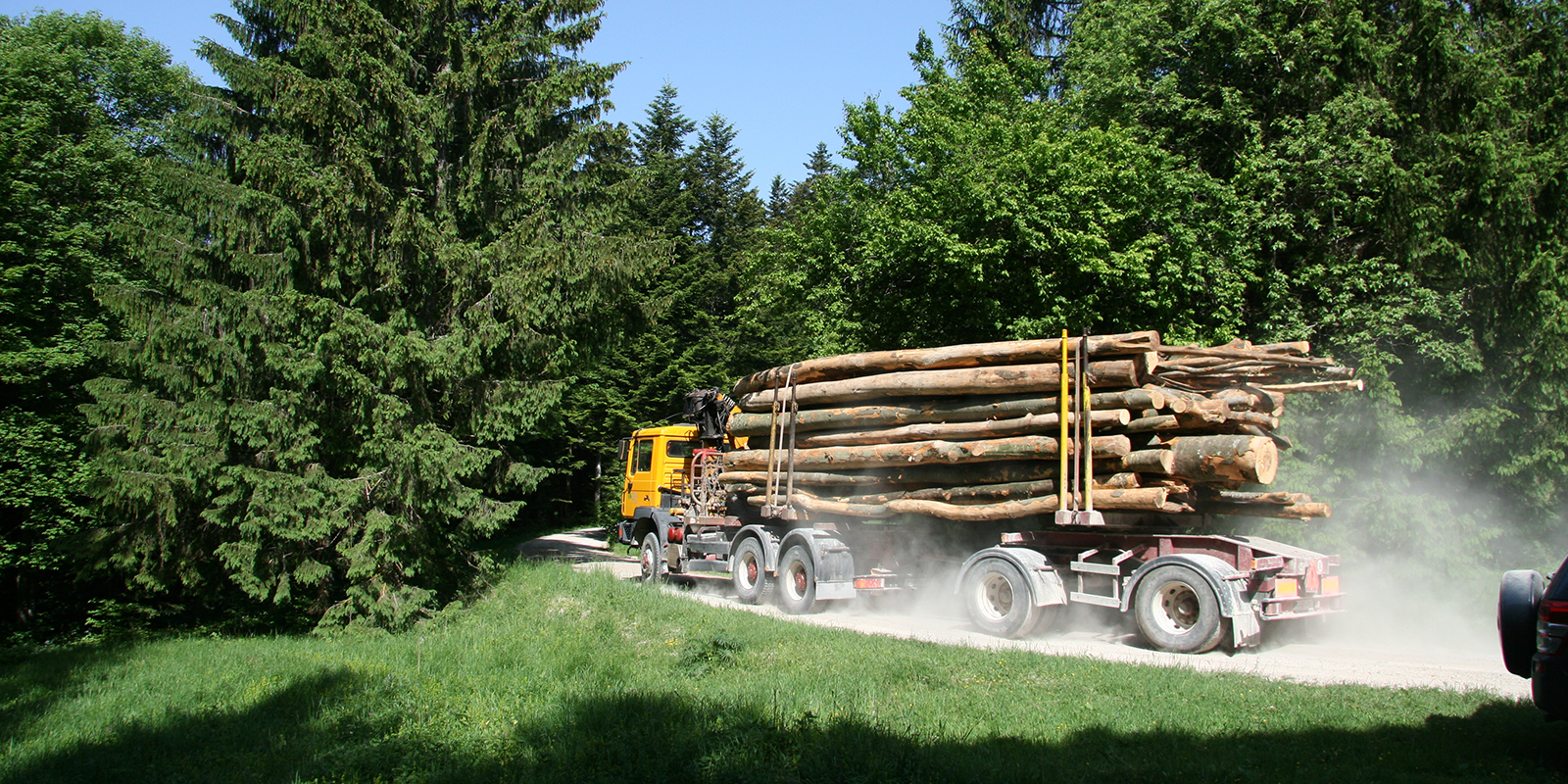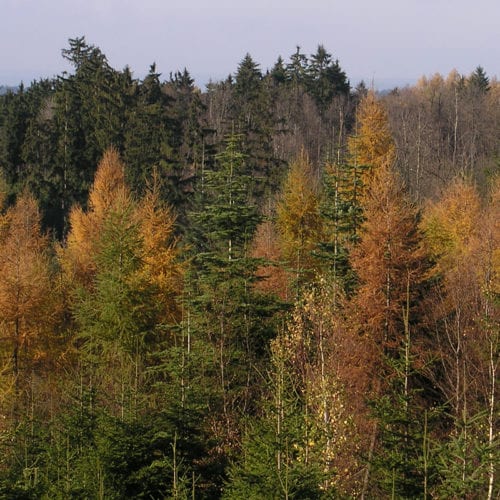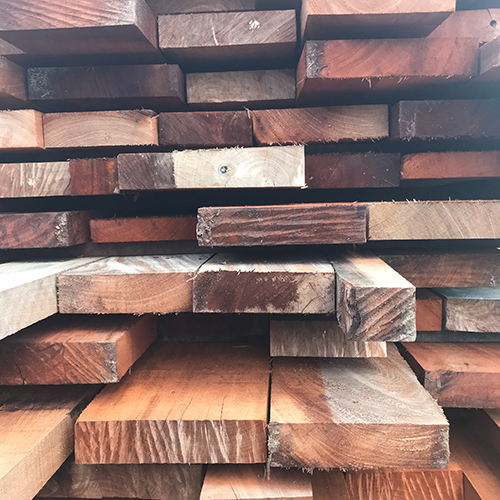To simplify things Tague believes it is helpful to consider 5 main categories of “Sustainable” Building Products:
- Conservation
- Using recycled, reclaimed, and reused materials
- Rapidly renewable resources
- Protected/Stewarded resources
- Non-Polluting manufacturing processes
- Safer Chemistry
- Durability
- Air-Quality
- Non-toxic
- No or very low VOC’s (volatile organic compounds)
- Mould Inhibitor
- Sound Reducer
- Responsibility
- Responsible Manufacturing
- Environmental Protection
- Truthful Marketing/credible third party verification
- Energy
- Energy Reduction during construction and throughout the building life-cycle
- Enhanced use of Natural Light
- Local
- Locally Produced within a 500 mile radius
Even using this framework it can still be difficult to sort through the clutter of information regarding “Green Building Products.” Conventional wisdom relies on verification from respected third parties to help navigate the world of “Green Building Products” successfully. For your convenience we have included a list of what we consider to be the most credible rating agencies.
It is no longer enough for products to be considered “Green”; they have to perform their intended use well over time. Tague aligns itself with responsible manufacturers that make conventional, high-performance products that last. The company also prides itself on its ability to handle special order products effectively and efficiently.
Tague Lumber continually strives to keep both its employees and its customers informed about “Green Building Practices”; the company regularly hosts Educational Forums that offer Continuing Education Credits for members of the Design and Specifying Community regarding Sustainable Construction.
Tague is proud of its certification from the Forest Stewardship Council (FSC®). This designation means that we’re recognized for responsibly and reliably handling the chain of custody for a wide variety of wood products, from lumber and plywood, to wood mouldings, to Homasote products, to commercial wood doors. Tague is also an active member in our local chapter of the United States Green Building Council (USGBC).
